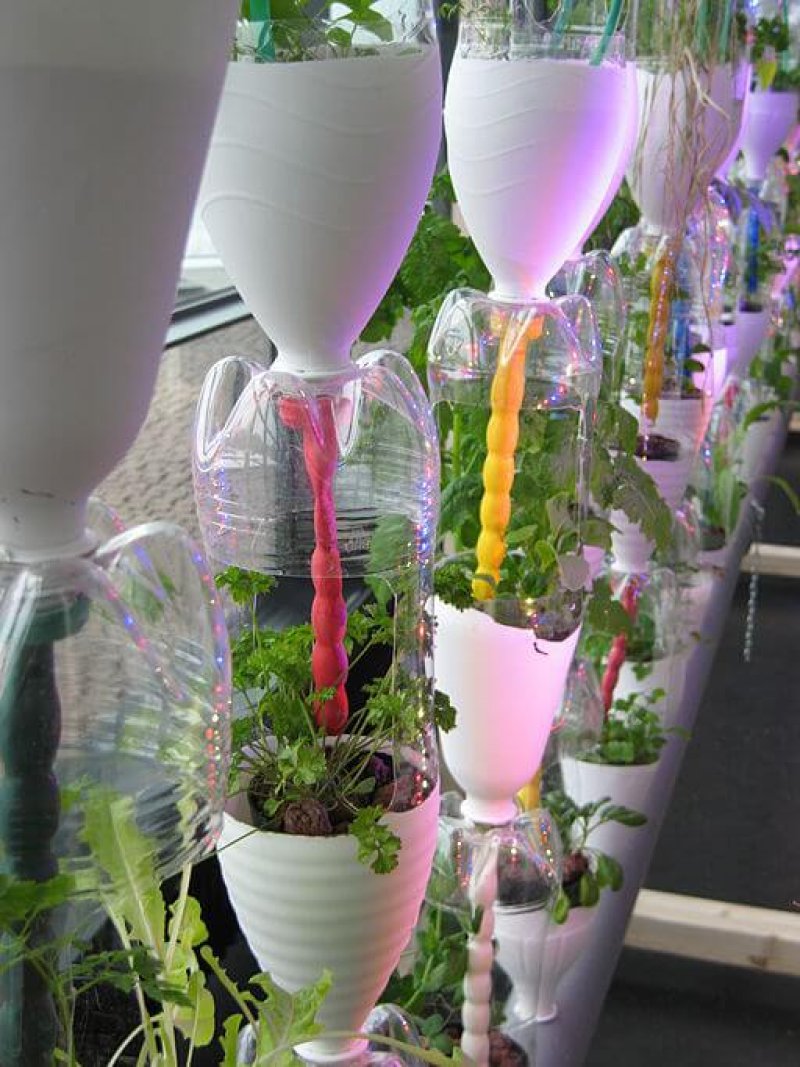The GLP aggregated and excerpted this blog/article to reflect the diversity of news, opinion and analysis.
After his parents go to bed, Sebastian Cocioba usually retires to the third bedroom of the family apartment, where he has built a laboratory.
There, amid the whir of climate-controlling fans and equipment harvested from eBay, he is working on what he hopes will one day become a lucrative career. Mr. Cocioba, 25 years old, is a plant hacker.
. . . .
Born into an earlier generation, Mr. Cocioba might have spent hours writing computer programs. Instead he is at the vanguard of a millennial niche: do-it-yourself bioengineering. In place of a keyboard, he has a homemade “gene gun” that fires genetic material into plants on a blast of tiny tungsten particles.
A growing coterie of plant hackers and synthetic biology startups have their sights set on creating some bizarre and wondrous creations: glowing plants, fragrant moss and flowers that change colors when you pour beer into the soil.
Such plants have long been possible, but the research and experimentation was time-consuming and expensive. . .
Antony Evans, 35, chief executive of Taxa, a Silicon Valley company launched last year as a platform for would-be plant designers, says such creations are part of a broader movement.
“I can see a future where genetic engineering becomes acceptable and commonplace, where some teenagers have ideas for plants and make them the same way kids make mobile apps today,” he said.
Read full, original post: Instead of Computer Code, ‘Plant Hackers’ Tinker With Genetics































